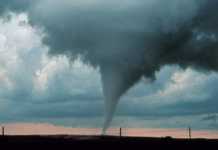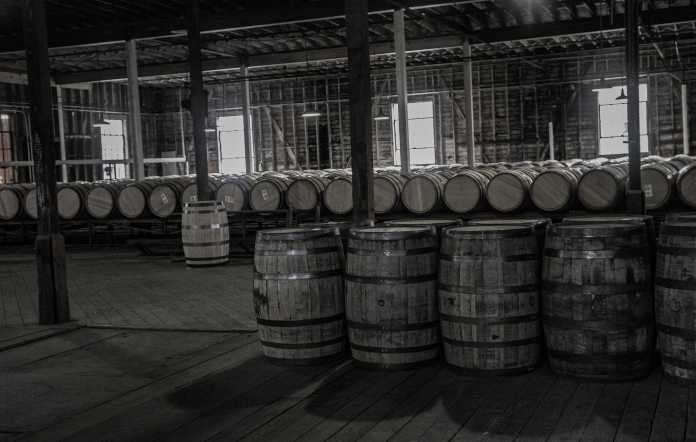An article in the Bulletin of the Atomic Scientists (BAS) claims that global warming is threatening the continued production of favored food crops around the world. Data on food production as the earth has warmed refutes this claim. Across the board, food production has increased over time amid modest warming.
The article, “Even Republicans worry climate change could impact their favorite foods,” describes a survey the writers conducted in order to determine what alarmed people most about the alleged climate crises.
The authors’ claim many of the world’s most popular foods will be harmed by climate change:
Coffee prices will increase, and choices decline. The flavors of teas and wines are already changing and the “angel’s share”—the millions of gallons of whisky lost to evaporation each year—will likely increase.
The article frames this as an issue that is so severe, “even Republicans” are worried about it, and that leveraging people’s fears of losing their favorite foods is a good way to scare them into supporting climate policy. Fortunately for Republicans and everyone else, the claims made by the writers at the Bulletin are wrong.
Climate Realism has covered each of these foods and many others on separate occasions in greater detail than can be described in a single post; here, here, and including for major cereal crops, here, for example.
Although it is hard to objectively assess claims about the “taste” or general statements about any particular food tasting worse, what can be objectively shown by a simple visit to any grocery store is that there is a greater variety of flavors of coffees and teas, than ever before. There is also a greater variety of wine available to average people than at any other time in history. Concerning whiskey, there are more styles and brands of whiskey at present that are made from a greater variety of grains and methods, than ever before as well. Data on coffee and tea, grapes for wine, and corn for whiskey undermine of the fears raised by BAS about the availability of these food products.
What was true for coffee and tea in certain regions, as Climate Realism previously explained here, for instance, is also true for the production around the world. Data from the U.N. Food and Agriculture (FAO) show world production and yield of coffee and tea substantially increased between 1990 and 2020, during the recent period of modest warming. Indeed production and yields during this period increased faster than it did between 1960 and 1990, when the FAO first began keeping records and the earth was cooler. While there are seasonal fluctuations, as is common with all crops, the upwards trend is clear. Between 1990 and 2020:
- World coffee production has increased 76 percent, yield increased 78 percent;
- World tea production increased 178 percent, yield increased 17 percent.
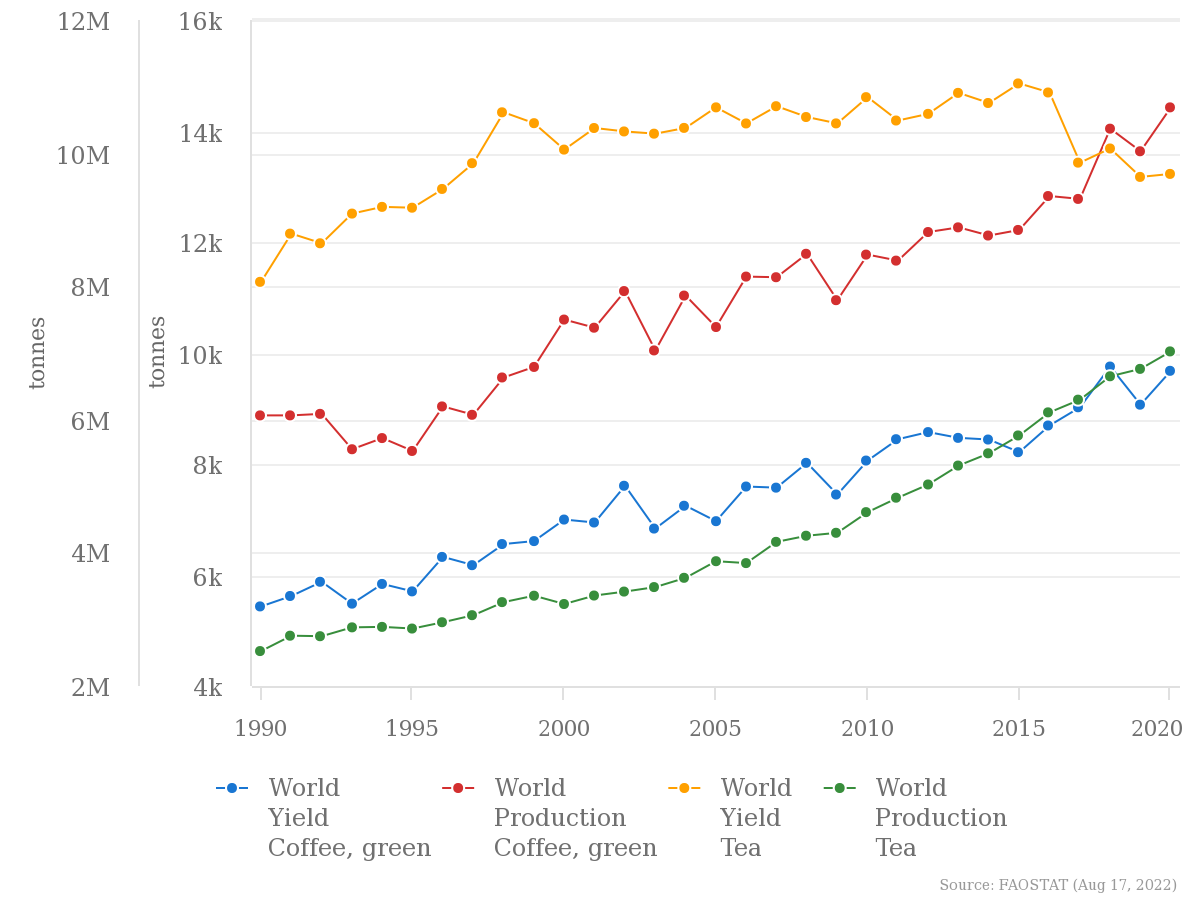
Grapes are doing similarly well, as discussed in Climate Realism posts such as these here, here, and here.
According to FAO data, world grape production has risen by 30 percent and yield by 49 percent since 1990.
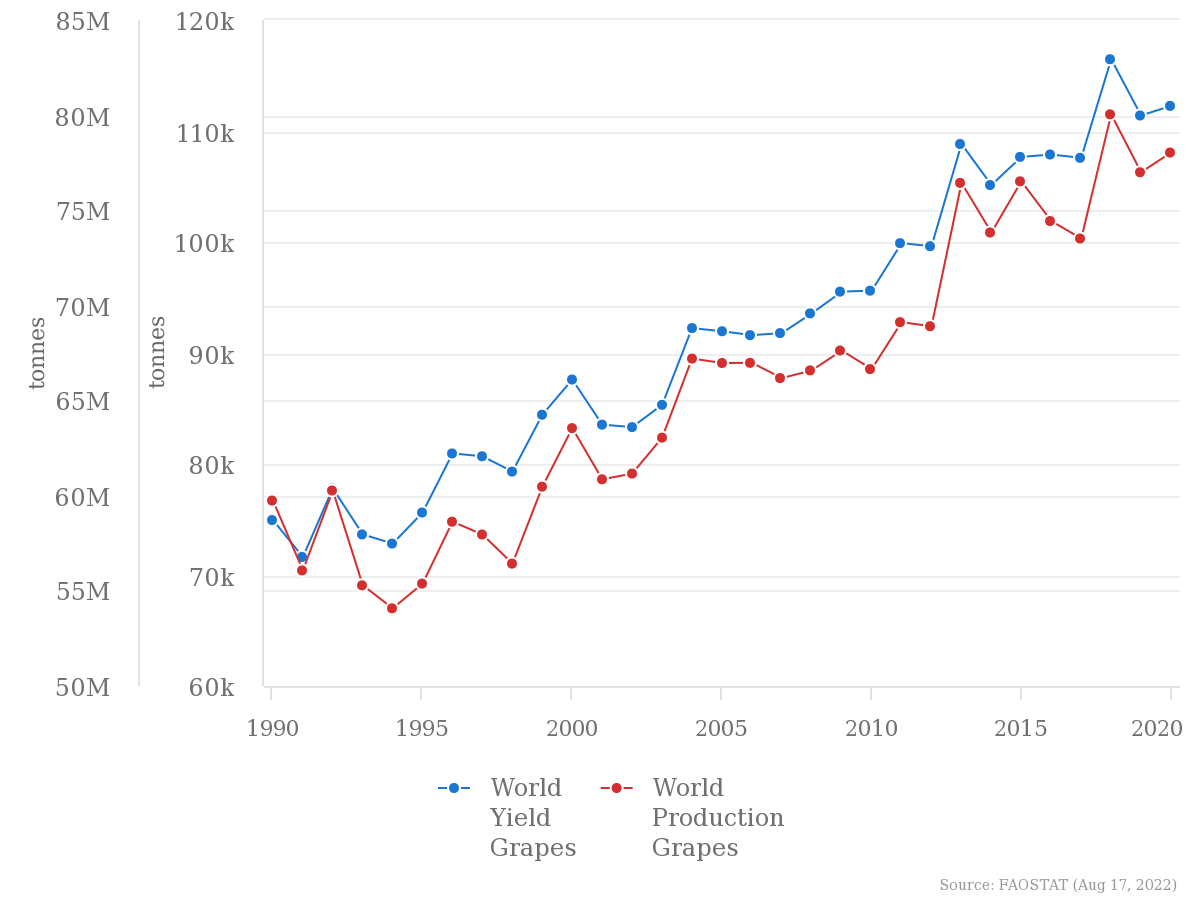
Corn is the main staple crop for good ol hooch; corn is also doing very well. Complaints that the “angels’ share” might be larger due to warmer temperatures are laughable; the evaportation from the whiskey barreling stage is dependent on a wide variety of factors. Besides that, many whiskey producers actually keep their barrels in climate-controlled rackhouses to control ageing conditions, but many others also expose their barrels to natural outdoor temperature changes for the express purpose of increasing the “angels’ share,” in order to speed up aging on some batches.
From the data side: FAO data show corn production has increased by 140 percent since 1990, with crop yield increasing by 55 percent.
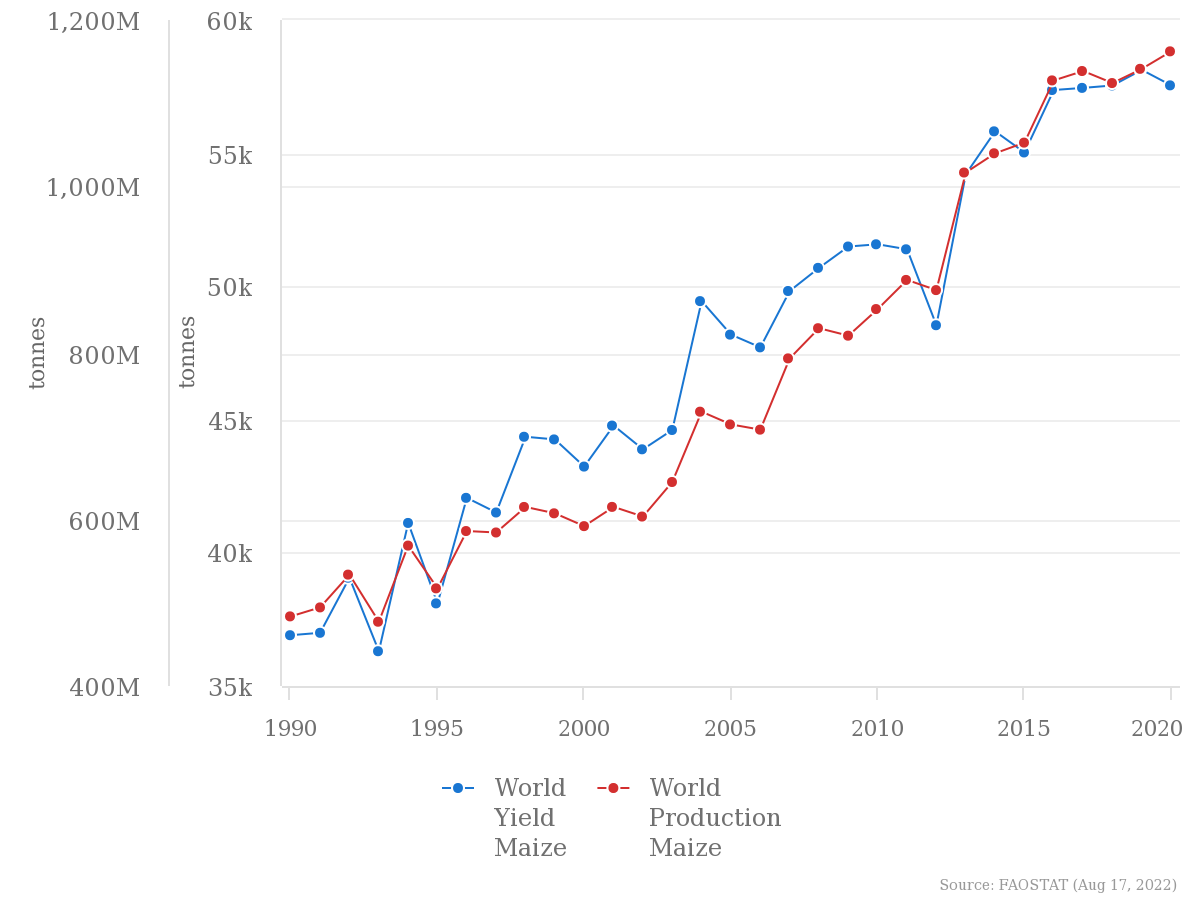
It is worth noting once again, these production and yield increases have occurred during a period in which the Earth’s average surface temperature has modestly warmed.
Tellingly, the writers admit that respondents of their survey were first given a statement telling them about “different impacts that climate change is having in the world.” Apparently, the BAS writers cited flawed climate projections based on computer models, not the actual data on food production before asking people about their concerns for the food supply. Had the BAS provided the actual production and yield data before conducting their survey, it is likely the respondents—Republicans and all—would have expressed less concern about food production.





